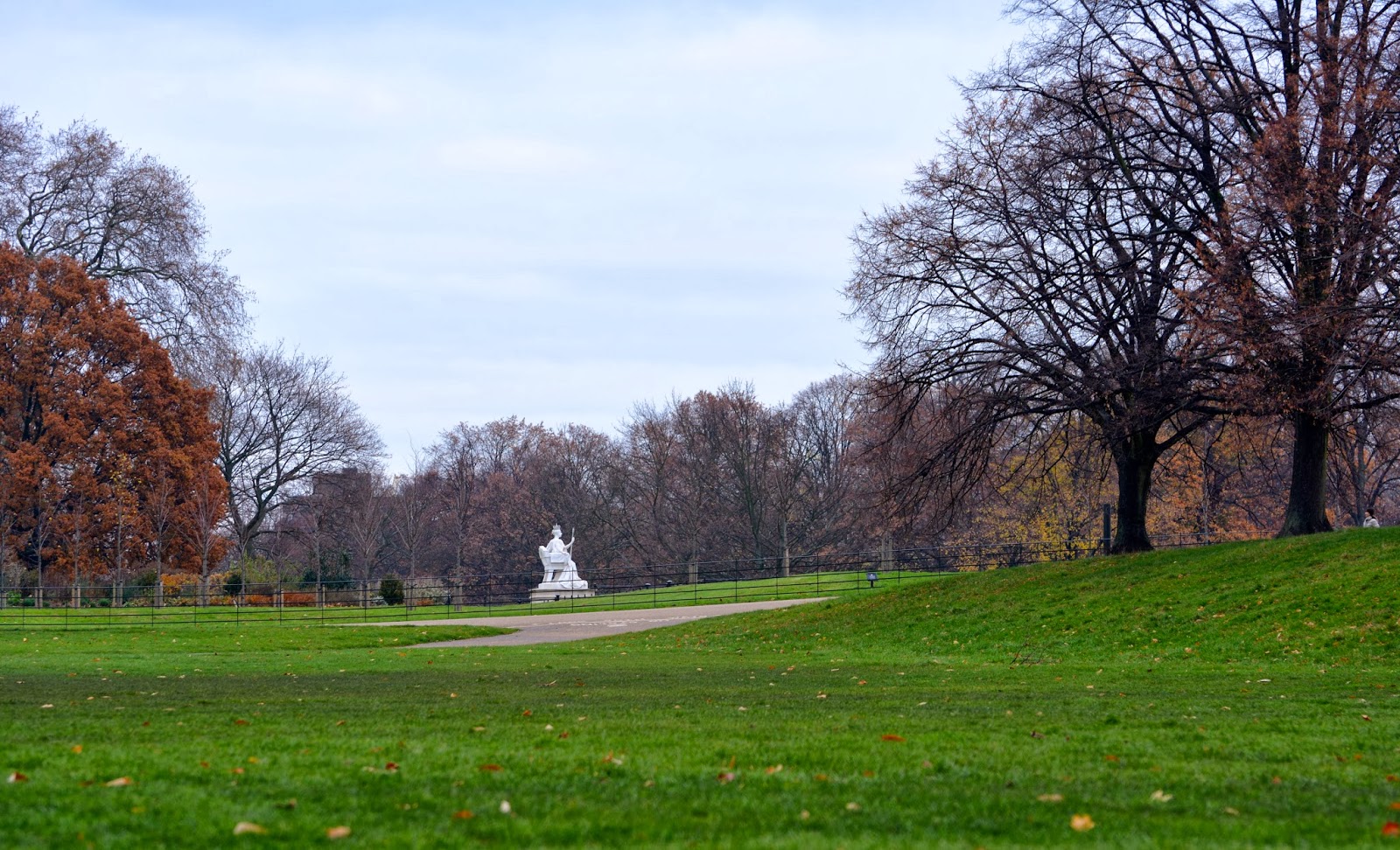Easy Sunday
No pictures to accompany this post, but I had a good Sunday. I relaxed in the morning and then got prepared and went out around noon. I went downtown and got some food and walked around for a bit. I then met up with some folks at the Haus der Musik, a museum of music history and instruments, for a free concert that is part of a summer series. The concert focused on the life and work of Franz Liszt, played by a violinist and a pianist.
The violinist explained that when he first set out to do this project and considered Liszt's life, he was struck by the fact that at the height of his popularity and ability, Liszt decided to retire from stage performance. He therefore lectured us through Liszt's life as he played. He began with Un sospire but gave it little introduction. Afterward, he discussed Liszt's childhood: Liszt outpacing his teacher, his father's attempts to woo Beethoven into assistance, his move to France, his status as a "wunderkind," etc. For comparison, he played a Mozart piece as an example of what Parisian audiences would have been "used to." He proceeded to describe Liszt's dissatisfaction with the sense that everything was already done and performers just repeated pieces again and again. Until he heard Paganini. Hence, a piece by Paganini was played (particularly good for the violinist). This was both the beginning of rivalry and inspiration for Liszt to match Paganini's violin virtuosity on the piano. We heard a Hungarian dance here, as well as another somewhere else in the program. Chopin's close personal friendship but distinctly different personality was brought up as well, and appropriately, the pianist played alone for the Chopin selection. The violinist concluded his talk by tying together threads he had woven throughout regarding how Liszt felt as if he were tugged by strings through his life. He described the sense that he always wanted to have what he didn't: tranquility while on stage, the stage while tranquil, the city while out of it, the country while in it, etc. He explained that he reads Liszt's music as full of hope that he could one day find that balance. He then played Schubert's version of Ave Maria (representing tranquility and Liszt's desire to become a priest (which didn't actually occur)) before returning to Un sospire and suggesting that the hope could be heard in that. He played a few more pieces as encores, and then we headed out.
I got a sandwich for dinner and then had an excellent time exploring Prater park with friends. We mostly went through the amusement park there, and considered going on the famous ferris wheel. I didn't do this at the time, but fully expect to before I leave. It's a touristy area and the amusement park isn't that different from one that might be in the U.S., but it's still an experience!
The violinist explained that when he first set out to do this project and considered Liszt's life, he was struck by the fact that at the height of his popularity and ability, Liszt decided to retire from stage performance. He therefore lectured us through Liszt's life as he played. He began with Un sospire but gave it little introduction. Afterward, he discussed Liszt's childhood: Liszt outpacing his teacher, his father's attempts to woo Beethoven into assistance, his move to France, his status as a "wunderkind," etc. For comparison, he played a Mozart piece as an example of what Parisian audiences would have been "used to." He proceeded to describe Liszt's dissatisfaction with the sense that everything was already done and performers just repeated pieces again and again. Until he heard Paganini. Hence, a piece by Paganini was played (particularly good for the violinist). This was both the beginning of rivalry and inspiration for Liszt to match Paganini's violin virtuosity on the piano. We heard a Hungarian dance here, as well as another somewhere else in the program. Chopin's close personal friendship but distinctly different personality was brought up as well, and appropriately, the pianist played alone for the Chopin selection. The violinist concluded his talk by tying together threads he had woven throughout regarding how Liszt felt as if he were tugged by strings through his life. He described the sense that he always wanted to have what he didn't: tranquility while on stage, the stage while tranquil, the city while out of it, the country while in it, etc. He explained that he reads Liszt's music as full of hope that he could one day find that balance. He then played Schubert's version of Ave Maria (representing tranquility and Liszt's desire to become a priest (which didn't actually occur)) before returning to Un sospire and suggesting that the hope could be heard in that. He played a few more pieces as encores, and then we headed out.
I got a sandwich for dinner and then had an excellent time exploring Prater park with friends. We mostly went through the amusement park there, and considered going on the famous ferris wheel. I didn't do this at the time, but fully expect to before I leave. It's a touristy area and the amusement park isn't that different from one that might be in the U.S., but it's still an experience!



Comments
Post a Comment